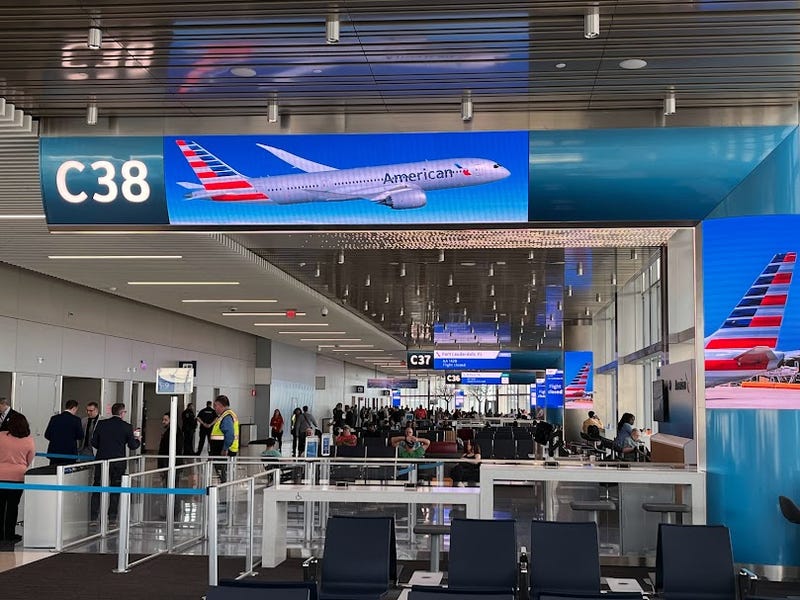
The National Mediation Board has rejected a request by the union representing flight attendants at American Airlines to be released from the process. The Association of Professional Flight Attendants submitted the request earlier this month.
"Our flight attendants are definitely disappointed," APFA National President Julie Hedrick said in an interview with KRLD Wednesday. "We were ready for a release. We have done everything we can in these negotiations to try to move this process forward. The reason for the frustration we are all feeling is we are ready for a contract, and we can't wait any longer."
If mediators had granted APFA's request, the union and airline would have entered a 30-day "cooling off period." After that, the union could have gone on strike.
APFA represents 26,000 flight attendants. In August, they voted 99.5% in favor of authorizing a strike.
Hedrick says flight attendants have not had a pay increase since 2019, and they are living on the same salaries despite increasing housing prices and inflation. She says flight attendants also made concessions during the pandemic when travel demand dropped, but while demand has recovered, staffing has not.
"Corporate greed is alive and well at American Airlines," she says. "Every day we don't have a contract, they save millions of dollars."
Hedrick says new hires are having trouble paying bills.
"It is harder to attract people to this job," she says. "Our new flight attendants, this is their first contract. The news was devastating to them. They can't believe we've actually gone this long without a raise, and this is the way this industry works."
Hedrick says the issue extends beyond pay and staffing levels. She says flight attendants also want improvements to retirement benefits and scheduling.
"We could have a 14 hour duty day, and we're only guaranteed seven hours of pay," Hedrick says. "Hopefully, that explains why our rates of pay look different. That's because a lot of our day is unpaid."
Negotiations between APFA and American are governed by the Railway Labor Act. If the National Mediation Board had granted the release, that would have started the 30 day cooling-off period.
The board lists three possible outcomes that could impact the union and airline at the end of that period: the two sides reach an agreement; a presidential emergency board could be created to help resolve the dispute; or if the president does establish an emergency board, that board would then have 30 days to investigate while the status quo remains in place. A complete flow chart is available HERE.
“We look forward to continued negotiations with APFA and reaching an agreement our flight attendants have earned," American Airlines wrote in a statement.
In an interview earlier this month, Jim Moses, American Airlines' senior vice president of DFW hub operations, said the airline would be able to maintain its schedule during the holidays.
"We are staffed and ready to look after our customers through this holiday period," he said. "We plan to operate all the flights we have scheduled over this holiday period. We continue to focus on that, to look after our customers."
LISTEN on the Audacy App
Tell your Smart Speaker to "PLAY 1080 KRLD"
Sign Up to receive our KRLD Insider Newsletter for more news
Follow us on Facebook | Twitter | Instagram | YouTube
